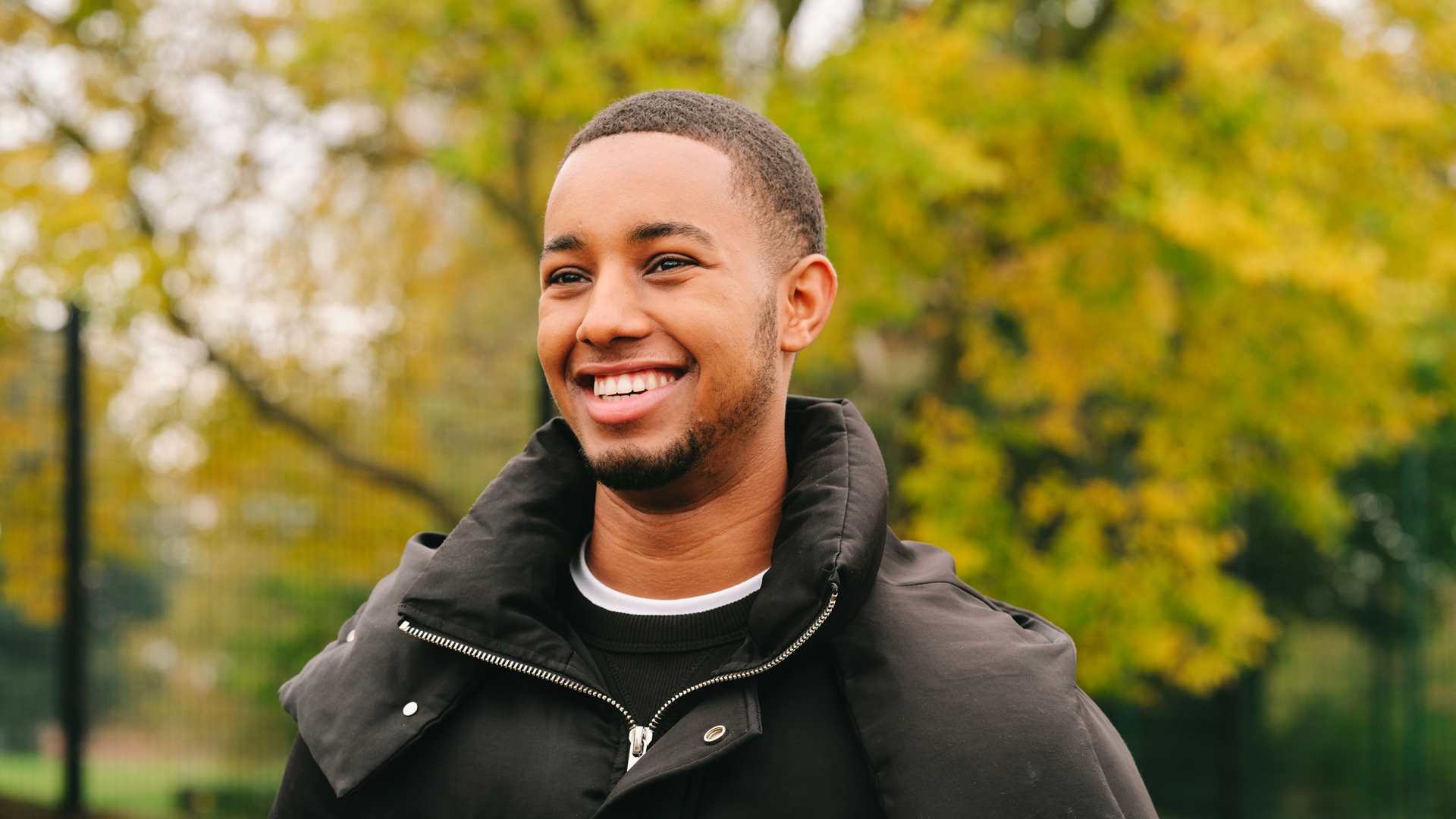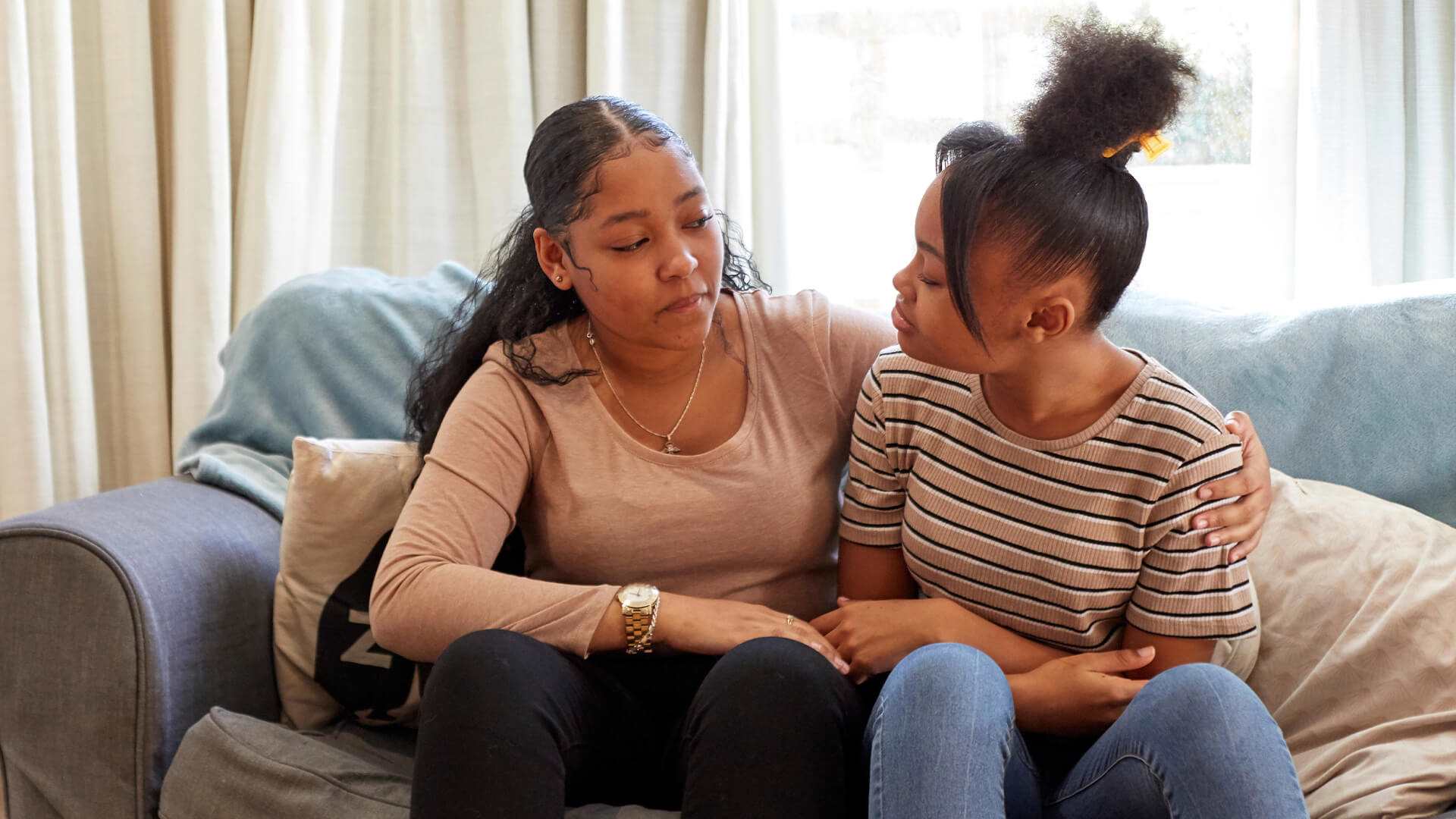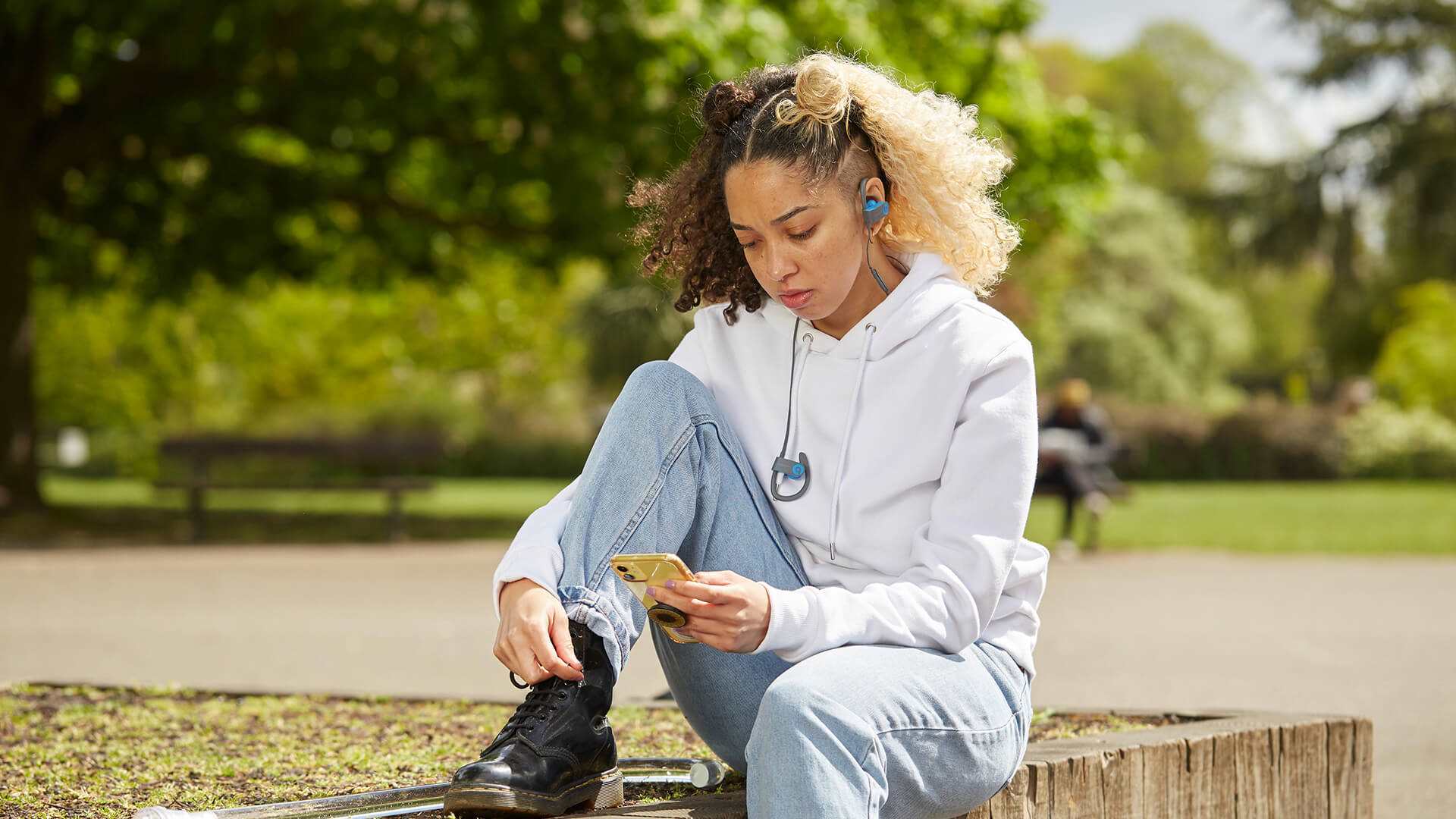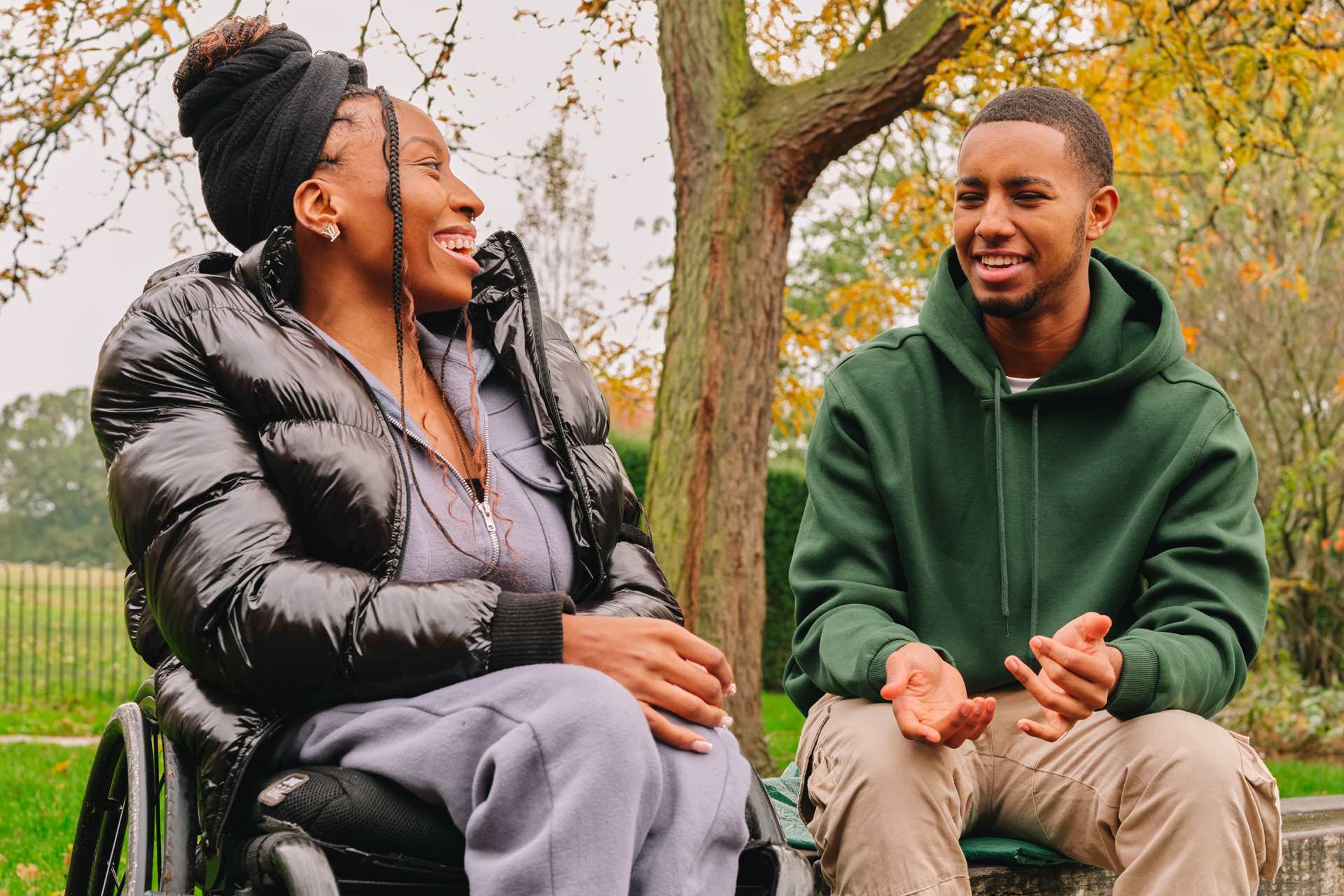Alcohol
Drinking alcohol if you are taking diazepam is not recommended as this is likely to make you very sleepy. Diazepam may lower your tolerance to alcohol and you may experience more side effects.
Sometimes diazepam is prescribed to help manage the withdrawal symptoms people experience if they stop drinking alcohol. If you have been prescribed diazepam to help you stop drinking, you should not drink any alcohol with this medicine.
Taking large amounts of alcohol and diazepam together could affect your breathing, especially if you have an existing lung problem.
If you need to drive a car or ride a bike, or use machines at work, taking alcohol and diazepam together could impair your ability to do this safely and be dangerous to yourself and others.
Drinking alcohol every day, or in large amounts, can make your symptoms worse and may mean you won’t get the maximum benefit from your medication.
Street drugs
Diazepam does not mix well with street drugs. It is very easy, and serious, to overdose with any combination of diazepam and drugs.
Using cannabis with diazepam will make its sedative effect worse. You could go into a very deep sleep where you do not breathe properly and have difficulty waking up.
Cannabis and other drugs may have their own side effects on your mental health, like anxiety or psychosis.
Using heroin or methadone with diazepam will also increase their combined sedative effects. You could go into a very deep sleep where you do not breathe properly and have difficulty waking up. This combination could be very dangerous.
Using cocaine or other stimulants (like ecstasy, amfetamines, MDA, 6-APB etc.) with diazepam is likely to lead to a reduced stimulant effect. This could lead you to increase the dose of the stimulant to make up for it, which could be very dangerous.
There are many other street drugs, but we don’t know what effect taking them with diazepam will have, so it’s best to be cautious. There is no regulation of street drugs or ‘legal highs’, so even if there are no known issues with the medication you take, the supply you receive might be mixed with other substances that could be dangerous.
Smoking
If you start or stop smoking while you are taking diazepam, you may have to change your dose. This is because cigarette smoke affects the amount of diazepam in your body.
If you already smoke when you begin taking this medication, you may need a higher dose than somebody who does not smoke. You should tell your doctor if you smoke and how much, so that they can prescribe the correct dose for you.
If you stop smoking, the level of diazepam in the body could rise, and you might need to reduce your dose of diazepam slowly over one week.
If you start or restart smoking, you might need to increase it again.
Go to your doctor for advice if you stop or start smoking, or if you switch from smoking cigarettes to using a nicotine replacement product or vaping.
Get more advice on drugs and alcohol.









